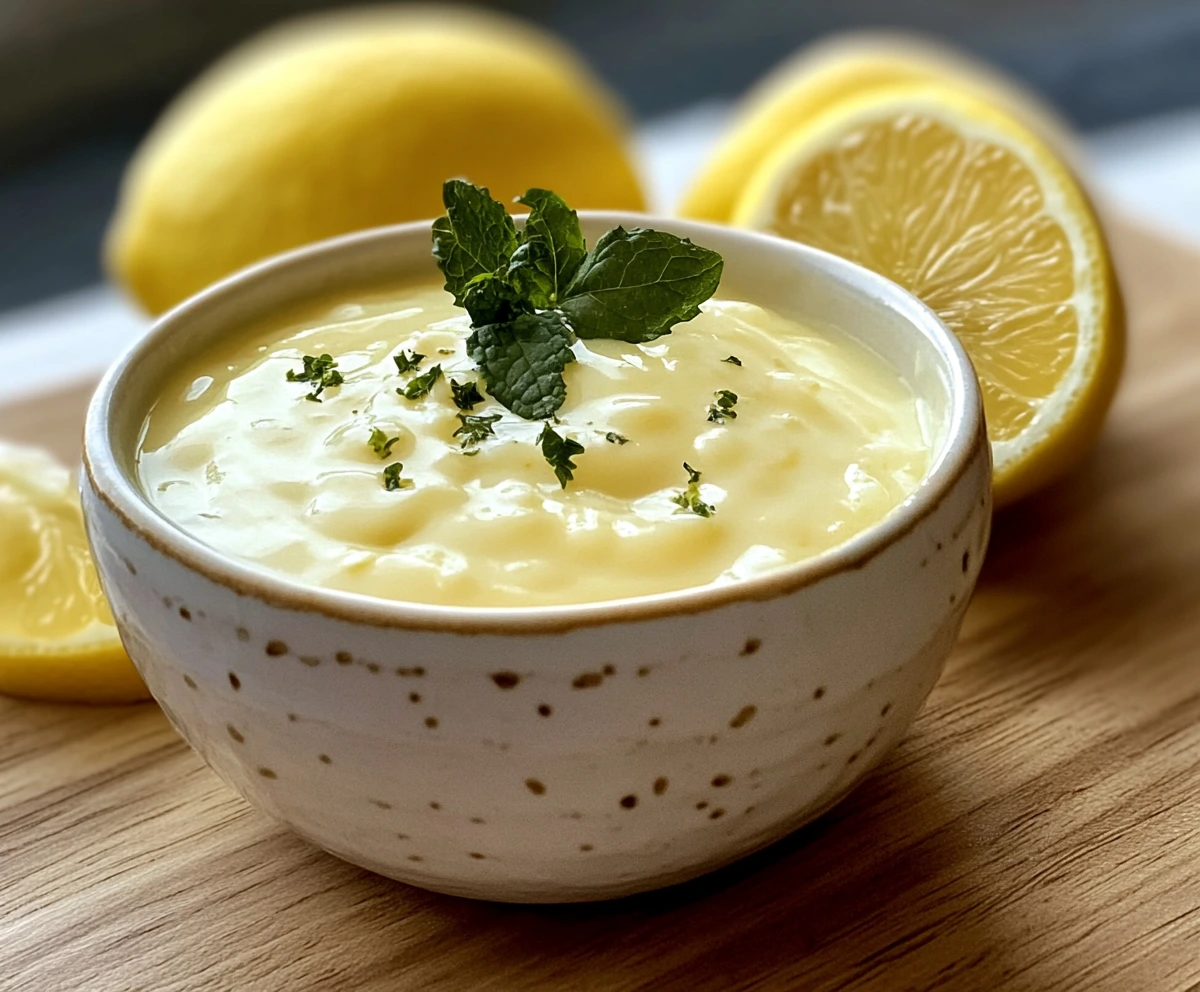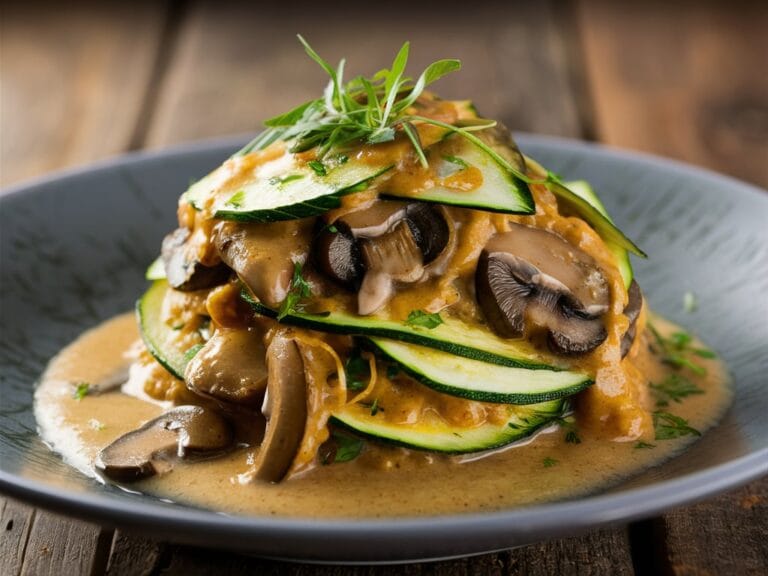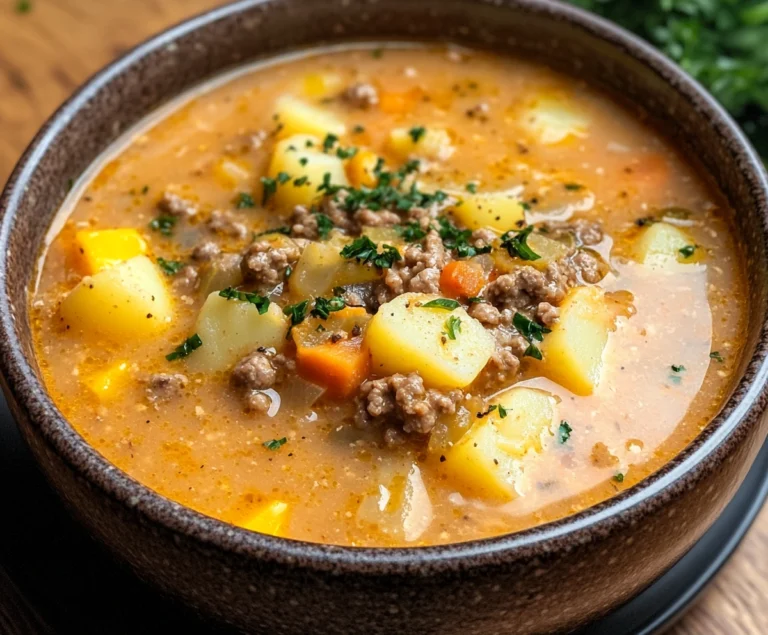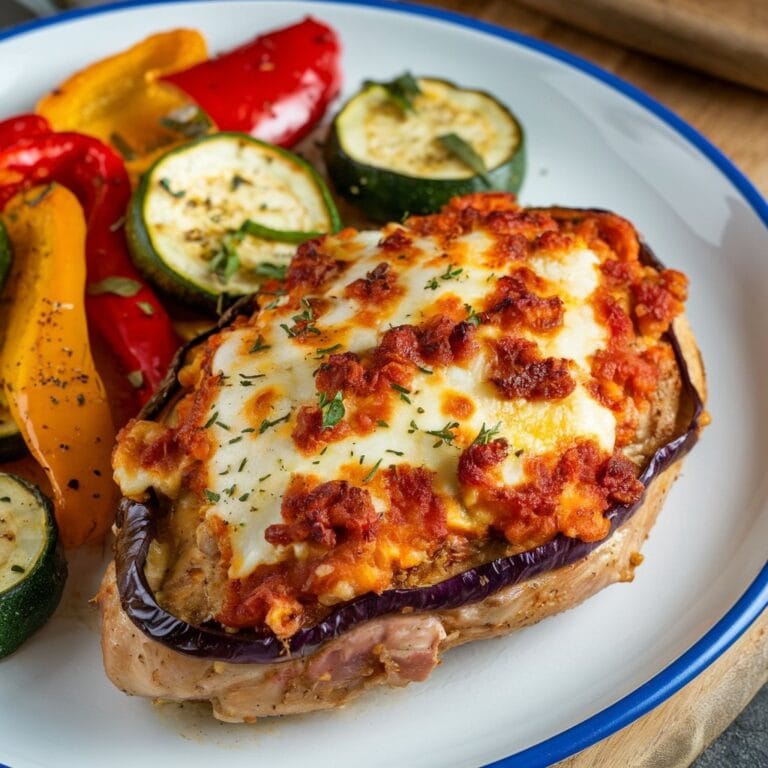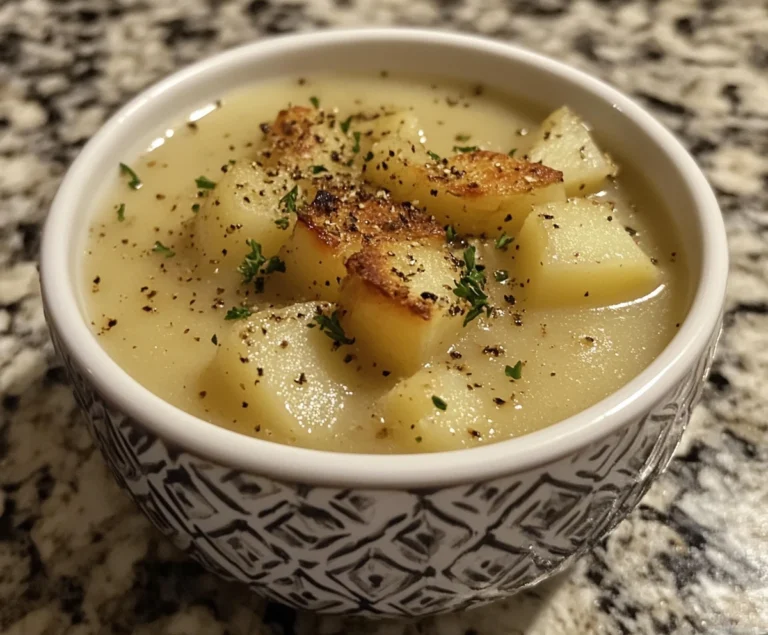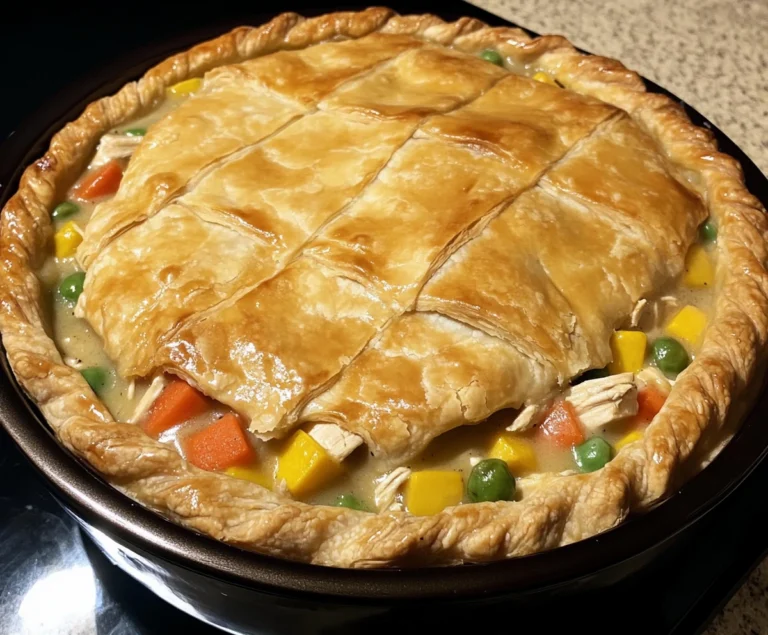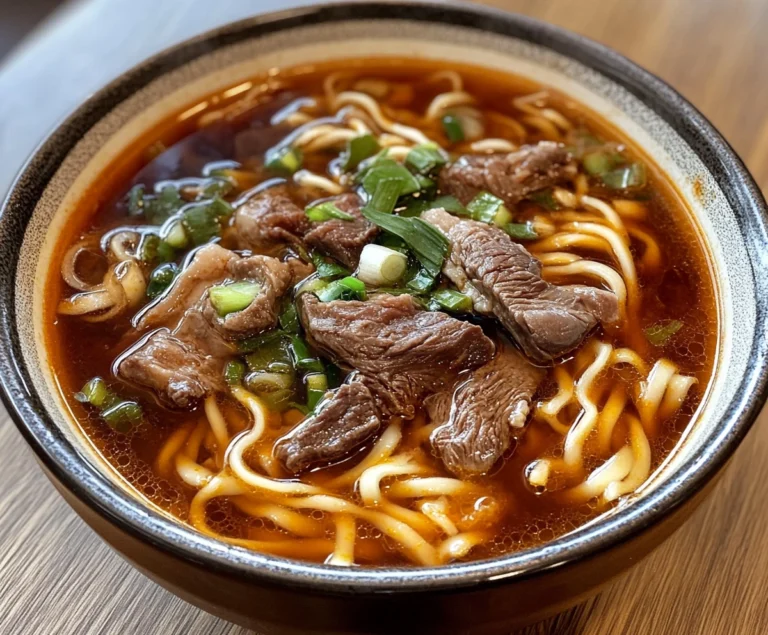Lemon cream sauce : A Creamy and Zesty Addition to Any Meal
Lemon cream sauce is an incredibly versatile and flavorful condiment that can elevate a variety of dishes, from pasta and seafood to roasted vegetables and grilled meats. Its perfect blend of tangy lemon and rich cream makes it a go-to sauce for home cooks and professional chefs alike. This sauce is easy to make and can be tailored to fit various dietary preferences, including vegan, gluten-free, or low-fat options. Whether you’re preparing a simple weeknight dinner or a fancy meal for a special occasion, lemon cream sauce is the perfect companion to add a burst of flavor and sophistication.
In this comprehensive guide, we’ll take a deep dive into everything you need to know about making the perfect lemon cream sauce, how to pair it with different dishes, pro tips for getting the ideal texture, and much more. By the end of this article, you’ll not only know how to make this sauce from scratch but also understand how to adapt it to suit different recipes, diets, and flavor profiles.
What is Lemon Cream Sauce?
Lemon cream sauce is a luscious, tangy sauce that combines the sharpness of fresh lemon juice with the richness of cream and butter. It’s a smooth and creamy sauce with a hint of brightness that pairs wonderfully with a variety of dishes. While it is commonly used in Mediterranean and Italian cuisines, its versatility allows it to be incorporated into many culinary traditions.
The sauce typically consists of simple ingredients such as butter, heavy cream, and fresh lemon juice, with optional seasonings like garlic, salt, and pepper to enhance its flavor. While the basic recipe is quite simple, the beauty of lemon cream sauce lies in its adaptability—you can add other ingredients to create different flavor variations.
Lemon cream sauce is perfect for:
- Pasta: Its silky texture coats noodles beautifully, making it an ideal sauce for pasta dishes.
- Seafood: The tang of lemon pairs naturally with the delicate flavors of fish, shrimp, and other seafood.
- Vegetables: Drizzle it over roasted or steamed vegetables for a delicious finishing touch.
- Meats: Pair it with grilled chicken, pork, or even steak for an elevated meal.
Ingredients for Lemon Cream Sauce
The ingredients for lemon cream sauce are simple, making it a quick and easy recipe to prepare. Here’s what you’ll need:
- Butter: This adds richness and forms the base of the sauce.
- Heavy Cream: The main component that gives the sauce its creamy texture.
- Fresh Lemon Juice: The star of the recipe, providing that bright, zesty flavor that balances the richness of the cream.
- Garlic: Adds depth and a savory kick to the sauce.
- Chicken or Vegetable Broth: Helps thin the sauce slightly while adding flavor.
- Salt and White Pepper: For seasoning and enhancing the overall taste.
- Flour (Optional): Used to thicken the sauce if necessary. You can also use a gluten-free alternative like cornstarch if needed.
Optional Ingredients:
- Grated Parmesan Cheese: Adds a salty, nutty flavor.
- Shallots or Onions: Sautéed with the butter for extra depth.
- Herbs: Fresh basil, parsley, or thyme for a touch of freshness.
How to Make Lemon Cream Sauce: Step-by-Step Guide
Making lemon cream sauce is straightforward and can be done in less than 20 minutes. Follow these steps to create a smooth, velvety sauce:
Ingredients:
- 1/4 cup butter
- 1 cup heavy cream
- 1/2 cup chicken or vegetable broth
- 1/2 cup fresh lemon juice (about 2 lemons)
- 1 tsp garlic powder (or 2 cloves fresh garlic, minced)
- 1 tsp salt (adjust to taste)
- 1/2 tsp white pepper (optional)
- 1 tbsp flour (for thickening, optional)
Instructions:
- Melt the Butter: Start by melting the butter in a medium saucepan over medium heat. If you’re using fresh garlic, sauté it in the butter for 1-2 minutes until fragrant.
- Create a Roux (Optional): If you prefer a thicker sauce, whisk in the flour to create a roux. Let it cook for 1-2 minutes to eliminate the raw flour taste.
- Add the Cream and Broth: Slowly pour in the heavy cream and broth, whisking constantly to ensure a smooth consistency. Bring the mixture to a simmer and allow it to thicken slightly, which should take about 5-7 minutes.
- Season the Sauce: Stir in the garlic powder, salt, and white pepper. Taste and adjust seasoning as needed.
- Add the Lemon Juice: Once the sauce has thickened and you’ve removed it from the heat, gradually whisk in the fresh lemon juice. Be sure to add it slowly to avoid curdling the cream.
- Serve Immediately: The sauce is now ready to be served over your favorite dishes. If it thickens too much upon standing, simply whisk in a bit of extra broth or pasta water to loosen it up.
Pro Tips for the Perfect Lemon Cream Sauce:
- Whisk Continuously: This prevents lumps from forming and ensures a smooth, creamy texture.
- Add Lemon Juice Off the Heat: To prevent curdling, always add the lemon juice after removing the sauce from the heat.
- Control the Thickness: If your sauce is too thick, thin it with extra broth. If it’s too thin, simmer it for a few extra minutes, or add a bit more flour or cornstarch to thicken it.
- Avoid Overheating: Cream can separate if overheated, so keep the sauce at a gentle simmer.
How to Pair Lemon Cream Sauce with Different Dishes
One of the best features of lemon cream sauce is its versatility. It can be paired with various ingredients, transforming simple dishes into extraordinary meals. Here are some popular ways to use this sauce:
1. Pasta Dishes
Lemon cream sauce is a perfect match for pasta. Its creamy texture coats noodles well, while the zesty lemon flavor provides a refreshing contrast to the richness of the cream. Some pasta pairings to try include:
- Linguine or Fettuccine: Long, flat noodles are great for soaking up the sauce.
- Penne or Rigatoni: The ridges in these short pasta shapes allow the sauce to cling to every bite.
- Tortellini or Ravioli: Stuffed pasta pairs beautifully with lemon cream sauce, particularly those filled with cheese, spinach, or seafood.
For an added twist, you can toss in grilled shrimp, chicken, or roasted vegetables for a more filling meal.
2. Seafood
The tangy lemon in the sauce complements the natural sweetness of seafood, making it a perfect match for dishes like:
- Salmon: Drizzle the sauce over grilled or pan-seared salmon for a delightful contrast of flavors.
- Shrimp: Toss shrimp in the sauce for a quick, flavorful dish, or serve it as a dipping sauce for shrimp skewers.
- White Fish: Mild white fish like cod or tilapia benefit from the richness of the sauce, which adds complexity without overwhelming their delicate flavors.
3. Vegetables
Lemon cream sauce can elevate simple roasted or steamed vegetables to a whole new level. Here are some vegetable pairings to try:
- Asparagus: The earthy flavor of asparagus pairs beautifully with the bright lemon notes in the sauce.
- Broccoli or Cauliflower: Both are ideal for drizzling with lemon cream sauce, either roasted or steamed.
- Carrots and Green Beans: These vegetables add a pop of color and freshness when served with a creamy, tangy sauce.
4. Grilled Meats
While it may seem unconventional, lemon cream sauce also works well with grilled meats, adding a rich yet refreshing contrast to the smoky flavors:
- Grilled Chicken: The combination of creamy sauce and charred chicken creates a Mediterranean-inspired meal.
- Pork Chops: Pair the sauce with grilled or pan-seared pork chops for a rich, tangy complement.
- Steak: A drizzle of lemon cream sauce over a perfectly cooked steak adds an unexpected burst of flavor.
Nutritional Information and Dietary Adjustments
While lemon cream sauce is delicious, it’s also rich in calories and fat due to the use of butter and heavy cream. Here’s a general breakdown of the nutritional content for one serving (approximately 1/4 cup):
- Calories: 173 kcal
- Fat: 17g
- Carbohydrates: 5g
- Protein: 2g
Healthier Variations:
If you want to enjoy lemon cream sauce while making it a bit healthier, here are some adjustments you can try:
- Low-Fat Version: Replace the heavy cream with half-and-half or a mixture of milk and cornstarch. While the sauce won’t be as rich, it will still be creamy and flavorful.
- Vegan Version: Substitute the butter with vegan butter or olive oil, and use coconut cream or a plant-based milk (like almond or cashew milk) instead of heavy cream. Be sure to use vegetable broth instead of chicken broth. The result will have a slightly different flavor but will still be delicious.
- Gluten-Free Version: If you need to avoid gluten, replace the flour in the roux with cornstarch or a gluten-free flour blend. Alternatively, you can skip the roux entirely and allow the sauce to thicken naturally as it simmers.
Storing and Reheating Lemon Cream Sauce
Lemon cream sauce can be made ahead of time and stored for future use. Here’s how to store and reheat it properly:
Storage:
- Refrigeration: Store the sauce in an airtight container in the refrigerator for up to 3 days. Make sure the sauce has cooled completely before sealing the container to prevent condensation, which can make the sauce watery.
- Freezing: While it’s not recommended to freeze cream-based sauces (as they can separate upon thawing), if you need to freeze it, place it in a freezer-safe container for up to 2 months. When ready to use, thaw it in the fridge overnight and whisk vigorously to re-emulsify the ingredients.
Reheating:
- Stovetop: Gently reheat the sauce over low heat, stirring continuously. If the sauce has thickened too much in the fridge, add a splash of broth or water to thin it out.
- Microwave: If you’re in a hurry, you can reheat the sauce in the microwave. Heat in 30-second intervals, stirring in between to ensure even heating.
Frequently Asked Questions (FAQs)
1. Can I use bottled lemon juice instead of fresh?
While you can use bottled lemon juice, fresh lemon juice is highly recommended for its bright, vibrant flavor. Bottled lemon juice often has a slightly dull taste and may contain preservatives.
2. How can I prevent the sauce from curdling?
To prevent curdling, always add the lemon juice off the heat and whisk it in slowly. Also, avoid boiling the sauce after adding the lemon juice, as this can cause the cream to separate.
3. Can I make this sauce ahead of time?
Yes! You can make lemon cream sauce ahead of time and store it in the fridge for up to 3 days. Just be sure to reheat it gently to maintain its creamy consistency.
4. Can I make a dairy-free version of lemon cream sauce?
Absolutely! Simply substitute the butter with a dairy-free alternative (like vegan butter or olive oil) and use coconut cream or a plant-based milk. You’ll also need to use a vegetable-based broth instead of chicken broth.
5. Is lemon cream sauce gluten-free?
The basic recipe can be made gluten-free by substituting the all-purpose flour with cornstarch or a gluten-free flour blend. If you’re sensitive to gluten, be sure to check that all other ingredients (like broth) are also gluten-free.
Conclusion
Lemon cream sauce is a versatile and delicious condiment that can elevate any dish. Whether you’re serving it over pasta, seafood, vegetables, or grilled meats, this sauce is guaranteed to impress with its bright, zesty flavor and rich, creamy texture. By following the steps and tips outlined in this article, you’ll be able to make your own lemon cream sauce with ease and adapt it to suit a variety of dishes and dietary preferences.
With endless pairing options, dietary variations, and helpful tips, lemon cream sauce is bound to become a staple in your kitchen, offering a burst of flavor and elegance to your meals. Enjoy!

